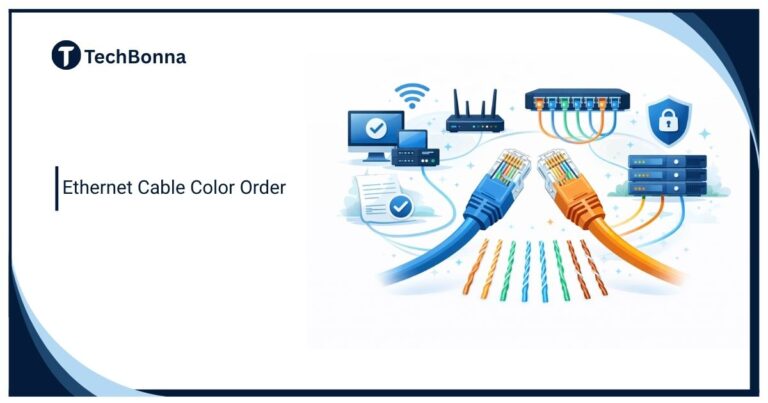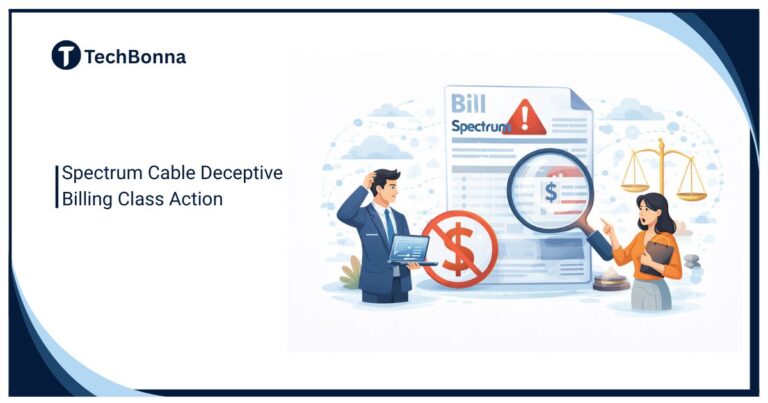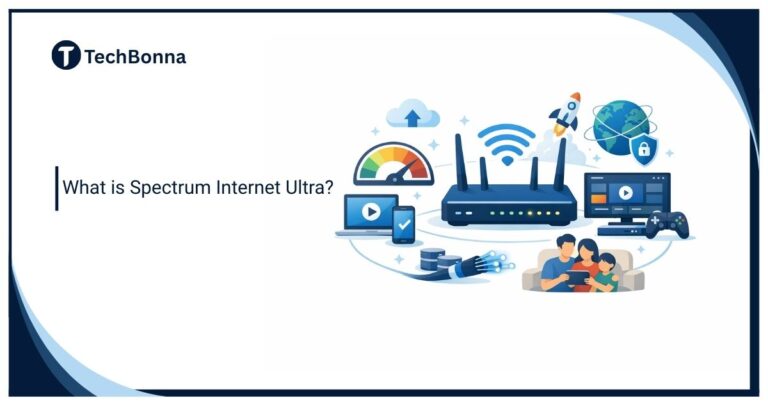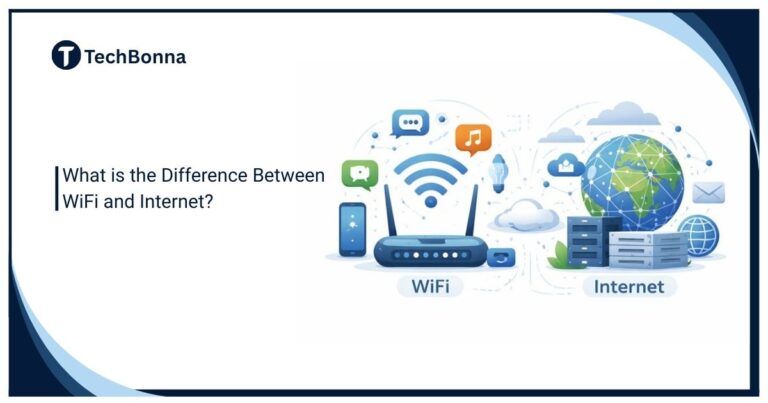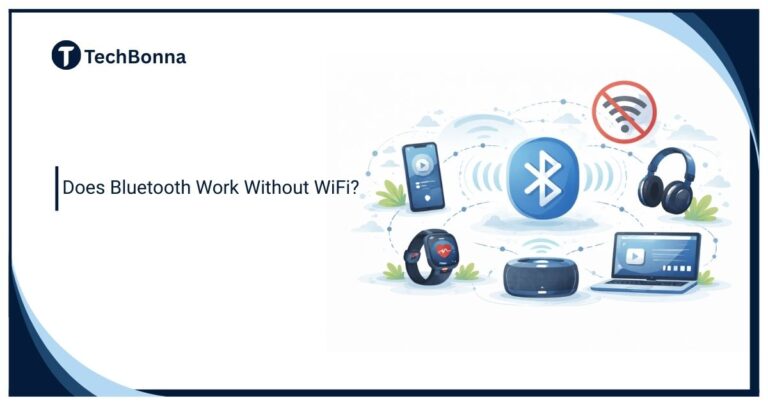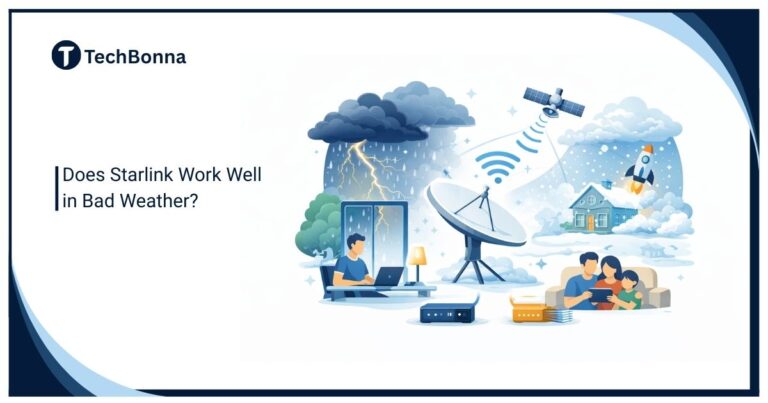Can You Have Two Internet Providers in One House?
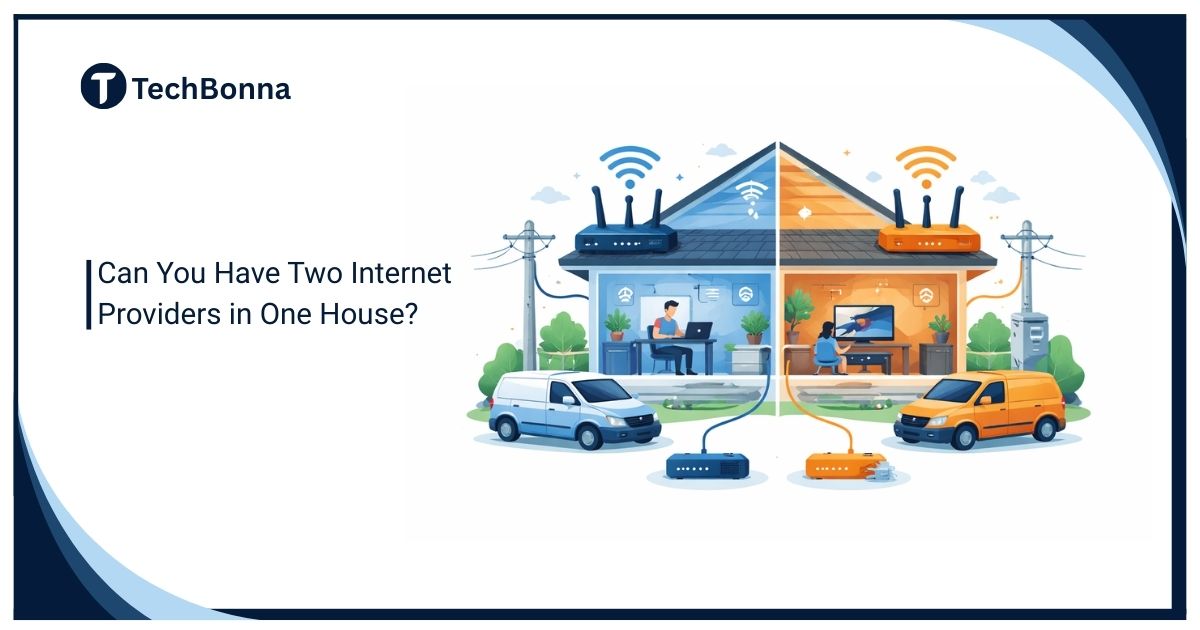
In today’s world, a fast and reliable internet connection is essential for everything from working from home to online gaming and streaming movies. But what if one connection isn’t enough? Maybe your current internet service isn’t reliable, or you want to split the bill with a roommate. Whatever the reason, you might be wondering: Can you have two internet providers in one house?
The short answer is yes, but there are a few things you need to know. Let’s break it down step by step.
How Internet Service Providers Work
The internet is a massive network that connects computers, devices, and servers worldwide. Internet Service Providers (ISPs) bridge the gap between your home and this network by providing the necessary infrastructure.
Technically, anyone can set up their own internet connection, but the cost and complexity make it impractical. That’s why most people rely on ISPs that already have connections to the internet backbone—the global infrastructure that keeps the internet running.
Types of Internet Connections
Before setting up multiple ISPs in your home, it helps to understand the different types of connections available. Some of the most common include:
1. Digital Subscriber Line (DSL)
- Uses telephone lines to provide internet service.
- Slower than other options, typically offering 5Mbps to 30Mbps speeds.
- Can run simultaneously with a landline phone service.
2. Cable Internet
- Uses coaxial cables (like cable TV).
- Faster and more reliable than DSL.
- Shared with neighbors, meaning speed may slow during peak hours.
3. Fiber-Optic Internet
- Uses fiber-optic cables for light-speed data transmission.
- Offers speeds ranging from 250Mbps to 1Gbps or more.
- Not available everywhere but the fastest option available.
Since these connections use different infrastructure, having multiple ISPs in one house is completely possible.
Can You Have Two Different Internet Providers in One House?
The simple answer is yes, you can have as many ISPs as you want. However, there are some things to consider:
- Availability – Some ISPs have exclusive agreements in certain areas, which might limit your choices.
- Wiring – If you’re using DSL and cable internet, they rely on different wiring, making installation easier. However, having two fiber connections might not be feasible if only one provider operates in your area.
- Cost – Having two internet connections means paying for two services. Make sure you actually need it before committing to the extra cost.
Why Would You Want Two Internet Providers?
There are several reasons why having two ISPs in one home might be a great idea:
1. Better Stability
If one connection goes down, the other acts as a backup. This is especially useful for remote workers, gamers, or people who rely on the internet for business.
2. Faster Speeds
Too many devices on one network can slow down speeds. By dividing your devices across two ISPs, you can reduce congestion and enjoy faster, more consistent performance.
3. Splitting the Bill
If you live with roommates, having separate ISPs can prevent arguments over bandwidth usage and bill payments.
4. Improved Gaming and Streaming Experience
Gamers need low latency and high-speed connections. By having a separate ISP dedicated to gaming, you can eliminate lag and buffering issues.
How to Set Up Two Internet Providers in One House
If you’ve decided to go ahead with two ISPs, follow these steps:
- Check ISP Availability – Look up which providers offer service in your area.
- Choose Different Connection Types – Try to use one DSL and one cable provider for easier setup.
- Install Separate Modems and Routers – Each ISP will provide its own equipment. Keep them separate to avoid network conflicts.
- Use Load Balancing (Optional) – Advanced users can set up a load-balancing router to distribute traffic between both connections for maximum efficiency.
- Test Your Connections – Make sure each connection is stable and performing as expected.
Can You Have Two WiFi Routers in One House?
If you don’t want two ISPs but still need better coverage, you can use two WiFi routers with a single internet provider. Here’s why:
- Expands WiFi Coverage – A second router can eliminate dead zones in larger homes.
- Reduces Network Congestion – Devices can be split between routers for better speed.
- Improves Security – You can use one router for personal use and another for guests or work devices.
To set up two routers, you’ll need to configure one as the primary router and the second as an access point or WiFi extender.
Conclusion: Should You Get Two Internet Providers?
If you need more stability, faster speeds, or separate billing, having two internet providers in your home is a great idea. Just make sure to choose different connection types and plan for additional costs.
By following this guide, you’ll be able to set up multiple internet providers in your home with confidence. Happy browsing!

